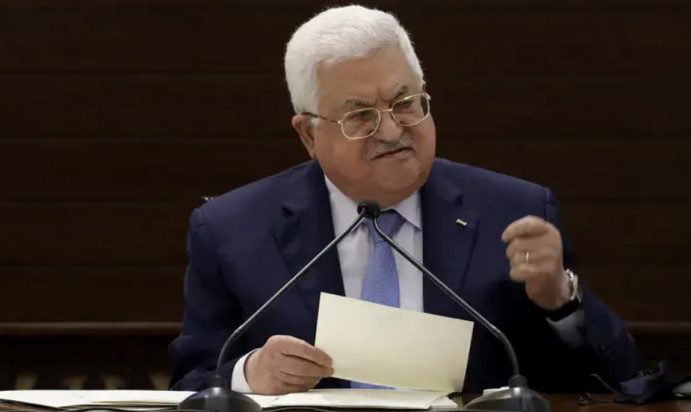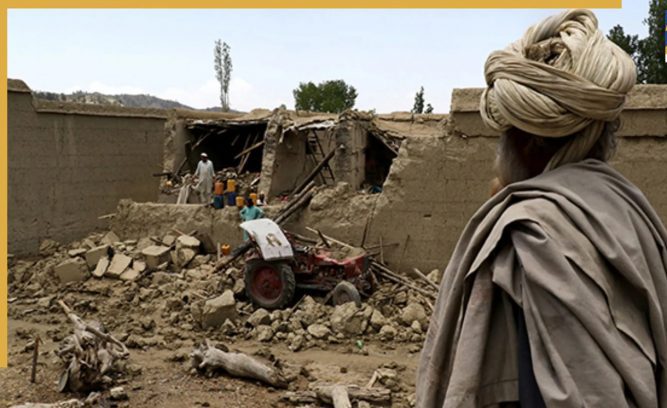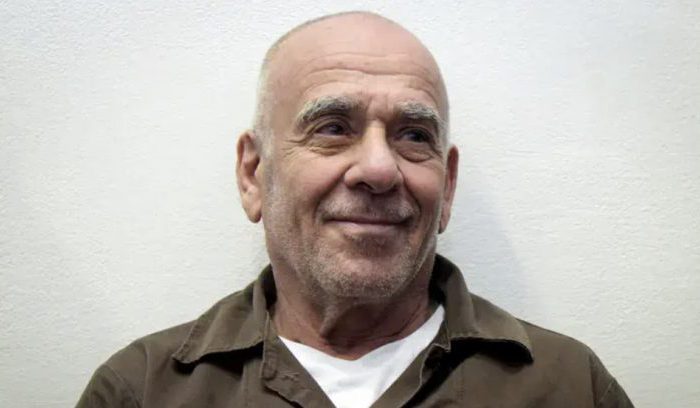Knesset Faces Tense Vote on Ayman Odeh’s Dismissal Amid Warnings of Democratic Erosion
On Monday, the Knesset plenary is set to vote on the controversial dismissal of Hadash-Ta’al Chairman Ayman Odeh. The motion—initiated by MK Avichai Boaron—stems from a social media post in January in which Odeh expressed support for the release of both hostages and Palestinian prisoners, writing: “I am happy about the release of the hostages and prisoners. From here, both peoples must be freed from the burden of occupation. We are all free people.” Boaron claims the statement equated hostages with terrorists and constituted support for armed struggle.
In recent days, Odeh’s office has actively lobbied opposition lawmakers who remain undecided, warning them that a vote for his removal would set a dangerous precedent. “Today it’s Odeh, tomorrow such dismissal processes will be directed at you,” his message cautioned. He argued that a vote against him would alienate the liberal voter base tied to opposition parties.
Although the Knesset committee approved the dismissal earlier this month—with support from coalition members, as well as some MKs from Yisrael Beitenu, Yesh Atid, and the National Camp—the motion still requires a supermajority of 90 votes, which now appears unlikely to be reached.
Several MKs from Yesh Atid and the National Camp are reportedly refusing to back the dismissal, concerned about its implications for parliamentary freedom of expression. Odeh has criticized those in the opposition who supported the motion, accusing them of “cooperating with Netanyahu and the Kahanists” and fueling a deterioration of Israeli democracy. “They hate us more than they love democracy,” he said, framing the moment as a defining test: “Either you fight—or you surrender.”
During the Knesset Committee’s deliberation, the Knesset’s legal adviser, Attorney Sagit Afik, questioned the legal foundation of the motion. She concluded that a single social media post does not meet the threshold for removal. “There is doubt whether this statement meets the criteria of supporting an armed struggle by a terrorist organization,” she stated, emphasizing the lack of consistent or dominant evidence of such support.
The final vote is expected to be highly charged, with significant implications for both freedom of speech in the Knesset and the boundaries of political dissent.





